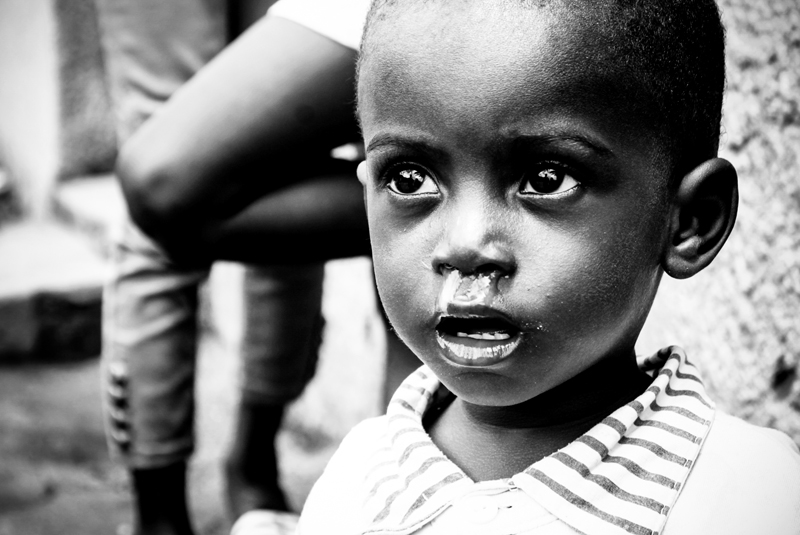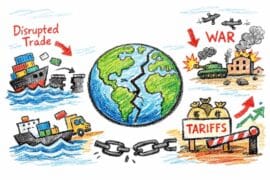For a disease that has more than 200 million cases worldwide, Malaria kills less than half a million annually – most of them in Sub-Saharan Africa. A great part of this reduced death toll is due to the effectiveness of two treatments; Artemisinin-based Combination Therapy (ACT) and chloroquines, which work on the strains plasomodium falciparum and p. vivax respectively.
But thousands of miles away in Thailand, Gilles Delmas has a frightening message for the future of the global Malaria eradication program.
We know that within the next two to five years, the medicines we are using now will be useless.
Gilles heads the Malaria Elimination Task Force in Thailand, as part of the Shoklo Malaria Research Unit (SMRU) in Thailand, affiliated with the University of Oxford. His concerns reflect the latest findings in Vietnam, published in the Lancet journal as a letter. It states:
The spread of artemisinin resistance in Plasmodium falciparum and the subsequent loss of partner antimalarial drugs in the Greater Mekong subregion presents one of the greatest threats to the control and elimination of malaria.
Copyright©Madras Courier, All Rights Reserved. You may share using our article tools. Please don't cut articles from madrascourier.com and redistribute by email, post to the web, mobile phone or social media.Please send in your feed back and comments to [email protected]











